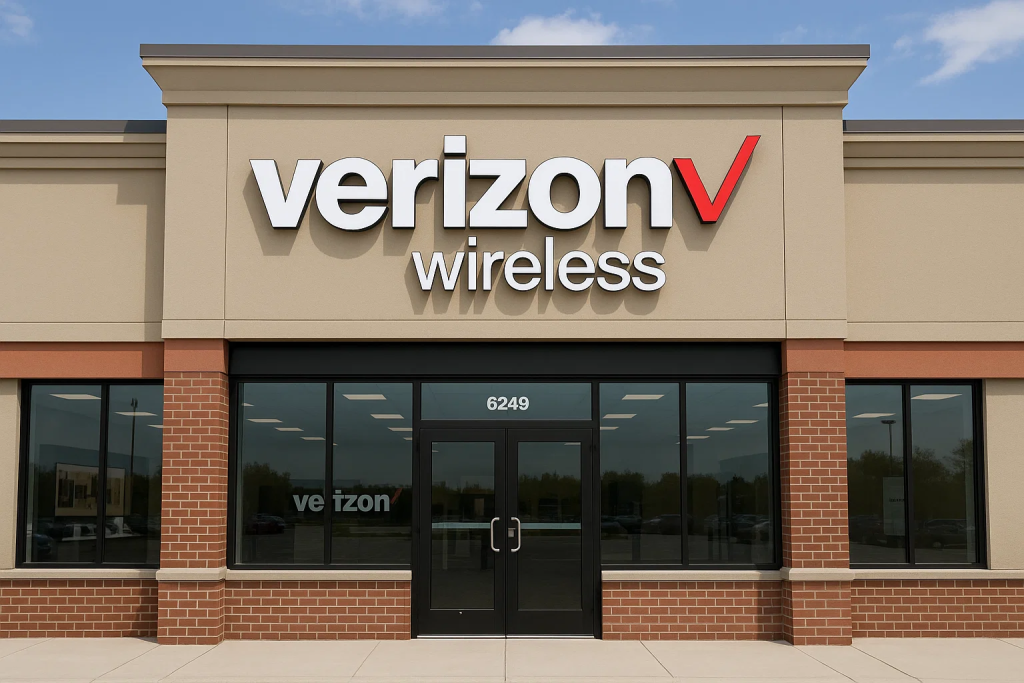Verizon Exodus is Real as Loyal Customers Leave After Decades of Paying For Fading Premium Service
For much of the 2000s and 2010s Verizon was the undisputed leader in U.S. wireless networks. Its coverage map was a point of pride, its reliability unmatched, and its higher prices justified by a service that worked in elevators, mountain passes, and basements when no other carrier could. People stayed for decades because they knew Verizon would deliver. But that era has ended, and the Verizon exodus is real.

Decades of loyalty broken
Customers who once stayed out of habit and trust are now walking away. They describe dropped calls under trees, data speeds that stall on city streets, and hours-long stretches of phones stuck in SOS mode. Some say service noticeably worsened after switching from Android to iPhone, others blame a shaky 5G rollout that overpromised and underdelivered. The common thread is disappointment.
Equally frustrating is the lack of resolution. Whether online, over the phone, or in person, complaints end with “a ticket has been opened.” Those tickets never lead to fixes. What once felt like a premium service now feels like an ordinary carrier charging luxury prices.
Price hikes without performance
Verizon’s billing practices are adding fuel to the fire. Longtime customers say loyalty discounts have vanished, new fees quietly appear, and plan changes come with little explanation. Monthly bills can swing by $20 or more without warning.
For years higher prices were tolerable because the product was superior. Now, customers feel they are paying extra not for network quality but for bundles of streaming services, Disney+ tie-ins, and other add-ons. The premium identity that justified the cost has collapsed.
Competitors are closing in
The shift is stark because rivals are gaining strength. T-Mobile has built a mid-band 5G network that now outpaces Verizon in many metro areas and offers perks like international roaming and satellite text. AT&T has steadily improved suburban and rural coverage, often outperforming Verizon where it once lagged.
Meanwhile, MVNOs such as Visible, US Mobile, and Total Wireless ride on the same towers as Verizon but cost half as much. For many, the choice is simple: if service is going to be mediocre, it may as well be cheaper.
The emotional fallout
Leaving Verizon is not just a financial decision. Many describe sadness at ending two-decade relationships with a brand they once admired. Verizon used to mean reliability. It used to mean peace of mind when traveling or when calling from a dead zone. Walking away now feels like admitting that version of the company no longer exists.
Customers compare it to paying for a luxury car only to discover its engine fails more often than an economy model. Extras and perks don’t matter if the core product no longer delivers.
The reality today
The Verizon exodus is not a rumor or a passing fad. It is a growing movement fueled by poor network performance, unpredictable pricing, and declining customer service. Competitors are taking advantage, MVNOs are undercutting prices, and longtime loyalists are voting with their wallets.
For decades Verizon was America’s most reliable network. Now, it is the symbol of how quickly a premium reputation can collapse. The Verizon exodus is real, and it shows no signs of slowing down.
Would like my refund from Verizon
Still waiting for my refund check. STILL